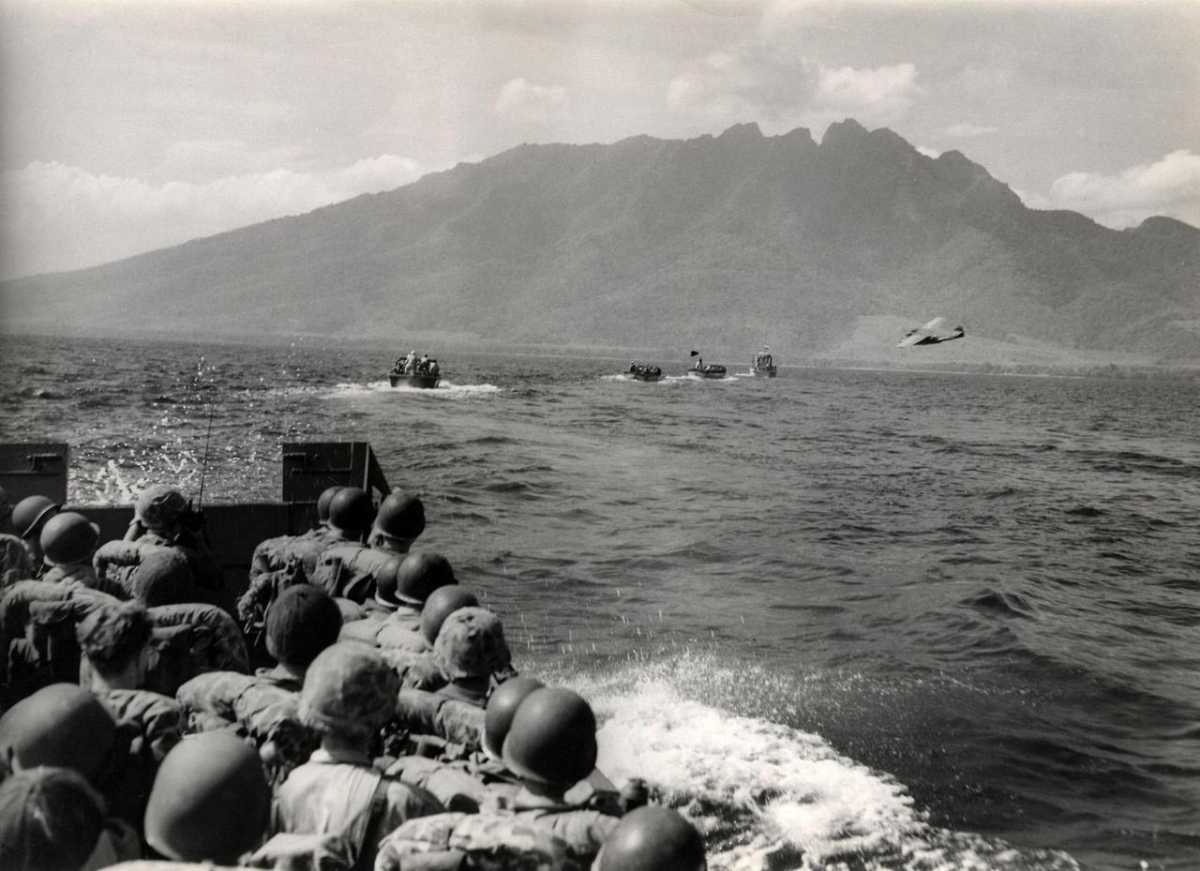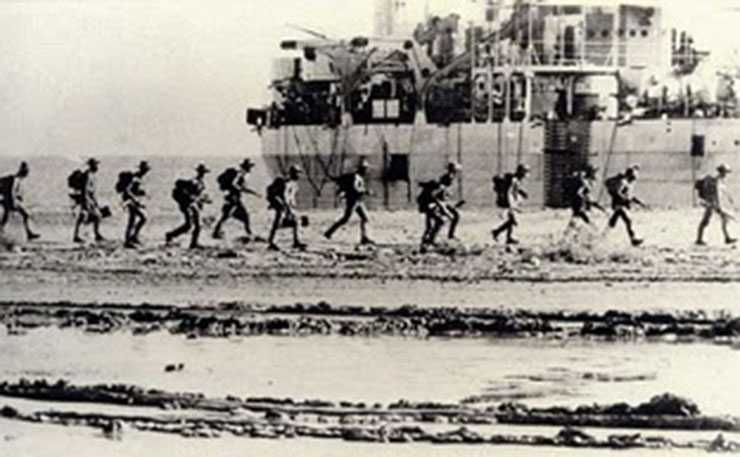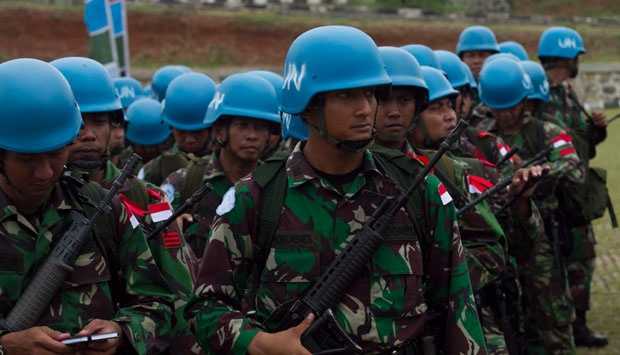Over time, various organisations, beneficial as well as harmful to the Republic of Indonesia, have cropped up trying to shape this country and set it onto their desired path. Striving to protect its sovereignty, Indonesia has fiercely fought these entities and guarded its borders onto its dying breath. Whether these wars in Indonesia were fought to retain their freedom or fend themselves against invaders, these have now become a thing of the past and are best remembered as baggage of yesterday’s history.
1. Indonesian War of Independence (1945-1949)

Agonised over the approach of Malaysia to integrate and take over a part of their supposed territory - Brunei, this feud took a turn for the worst. Stemming from the Indonesian belief of merging and becoming a global power, no attempt at hiding their reluctance was made. The Brunei revolt served as setting fire to this issue and blazed its way through the world of politics, sending shockwaves across the international community. The British upheld their decision to liberate Malaysia and Brunei and intended to assist them in the federation’s inception.
With no heed being paid to their demands, Indonesian squadrons were deployed, infiltrations into base camps were made, air raids were conducted, and naval vessels were sent over to the Malaysian peninsula to respond with deadly force. Fanning the flames, the British, along with their allies, launched an offensive of the highest degree. Ingenious tactics used, and various strategies were put into motion to unseat the then ruler. Feeling the heat, hasty decisions were taken, and in a bizarre turn of events, the then President stepped down following a coup backed by the West. His successor bearing a pro-west attitude served to diffuse the tensions between the two nations and set them at ease.
9. Invasion of East Timor (1975-1976)

Paratroopers are descending from the sky, frigates and submarines patrolling the East Timor sea, advancing warships led to East Timor becoming a battleground set ablaze fueled by the passion of Indonesians to capture it. Ingenious guerilla tactics used served to flush out the enemies or had them retreat into the mountainous regions. Bombings served to obliterate villages, with survivors being shot at sight. Ensuing for more than two decades, this conflict ended with the independence of East Timor with the aid of the United Nations in 2002.
10. Other Wars in Indonesia (1980-Present)

While these wars have had a significant impact on the trajectory of Indonesia’s course to establish itself as a superpower, they have proved instrumental in shaping the country into what it is today. With time flying by, Indonesia turned out to be that country standing beside another one in need. Becoming an honorary member of the United Nations and various other world organisations, was a notable feat achieved by Indonesia which led to it participating in several human rehabilitation programs around the world. Several Indonesian soldiers drafted into the United Nations peacekeepers and the Unified taskforce, were sent to ground zero or deployed to war-torn areas. Many of these war zones were due to the Somali civil war, Bosnia civil war, Congo crisis and the Horn of Africa war, to name a few.
Existing War Memorials in Indonesia

A number of war cemeteries have been built to commemorate the sacrifice of the Indonesian soldiers who laid their lives in the Indonesian War of Independence. Also serving as burial grounds for soldiers of various ethnicities martyred in World War 2, several cemeteries in and around, on multiple islands were built to honour them. Each of these cemeteries has a small memorial installed to pay respect to the soldiers whose bodies couldn’t be recovered. No stone was left unturned in ensuring the generosity of these graveyards, and the land was donated time and again to add several more soldiers. The cemeteries are listed as follows:
- Jakarta war cemetery
- Tantoey war cemetery
- Lamaru Japanese cemetery
- Kalibanteng Dutch cemetery
